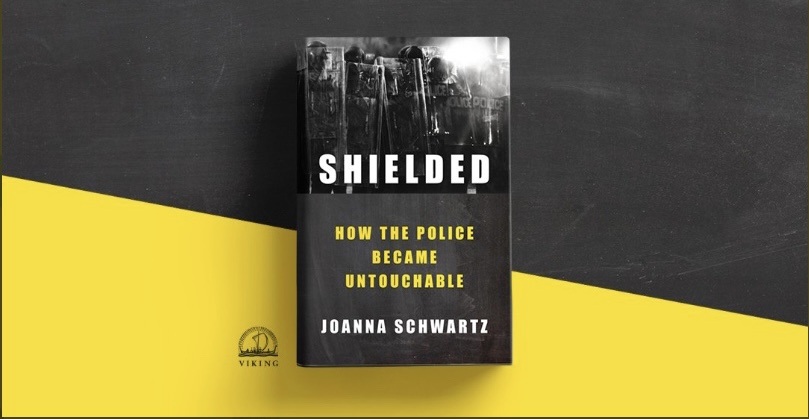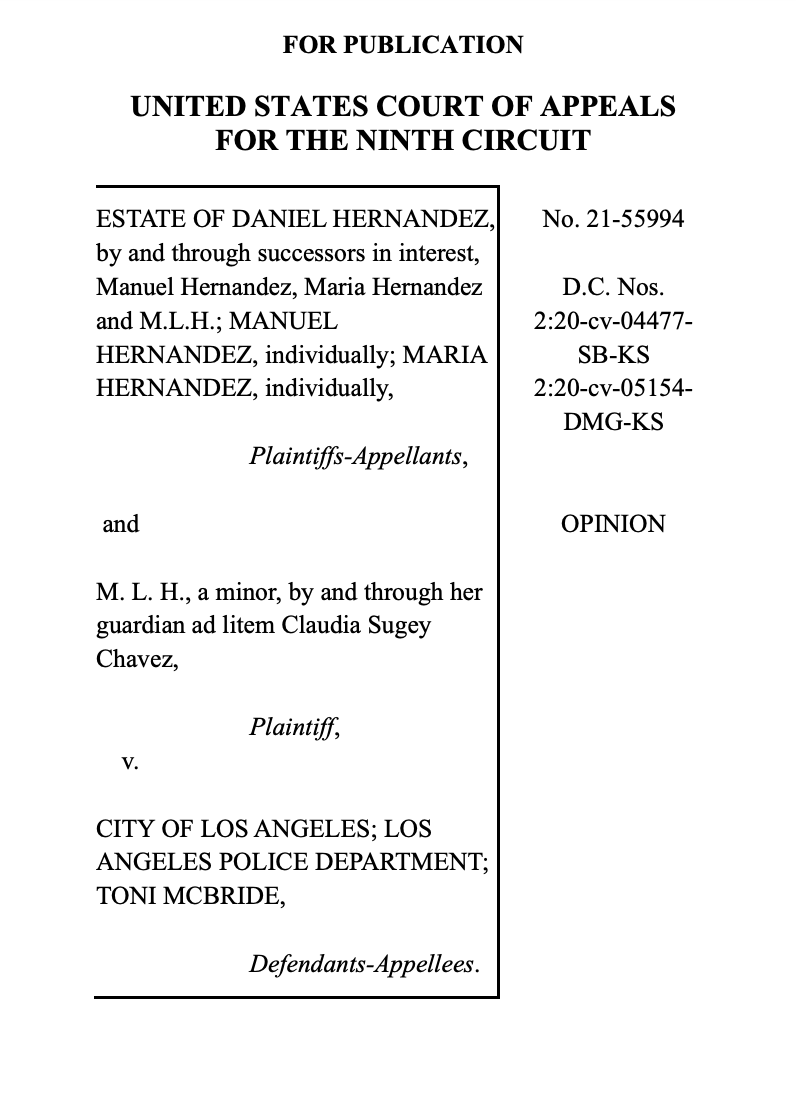The Supreme Court just made an important and promising shift on qualified immunity in a case called McCoy v. Alamu- although they did it so quietly that you wouldn't notice if you didn't look closely. Here's the scoop, in a thread...
In a case brought by @RightsBehind, a Texas corrections officer beat a prisoner without provocation. The district court granted the officer QI and the 5th Circuit Court of Appeals affirmed. ca5.uscourts.gov/opinions/pub/1…
In the opinion, the 5th relied heavily on Supreme Court QI precedent, saying “[t]he pages of the United States Reports teem with warnings about the difficulty of” showing that the law was clearly established and ruling that no prior court decision had sufficiently similar facts.
But the Supreme Court granted cert, reversed, and remanded, instructing the 5th Circuit to reconsider its decision in light of Taylor v. Riojas, a SCT decision from 11/2020 ruling no prior factually similar case was necessary when any officer would know what they did was wrong.
The Supreme Court issued no decision in McCoy. But I think they're sending a message that lower courts can deny QI if the officer's misconduct was clear, even if there's no case with identical facts - not only in prison conditions cases, but in excessive force cases as well.
This may be how the Supremes take action on qualified immunity in the near future-not with a sweeping opinion doing away with QI, but with a quieter message, heard by the lawyers and judges who are listening, that it's stepping back from its most robust depictions of QI's power.
I'd love a sweeping pronouncement ending QI - but I'm here to celebrate these quieter gestures too.
For more about Taylor and McCoy... theatlantic.com/ideas/archive/…
• • •
Missing some Tweet in this thread? You can try to
force a refresh












